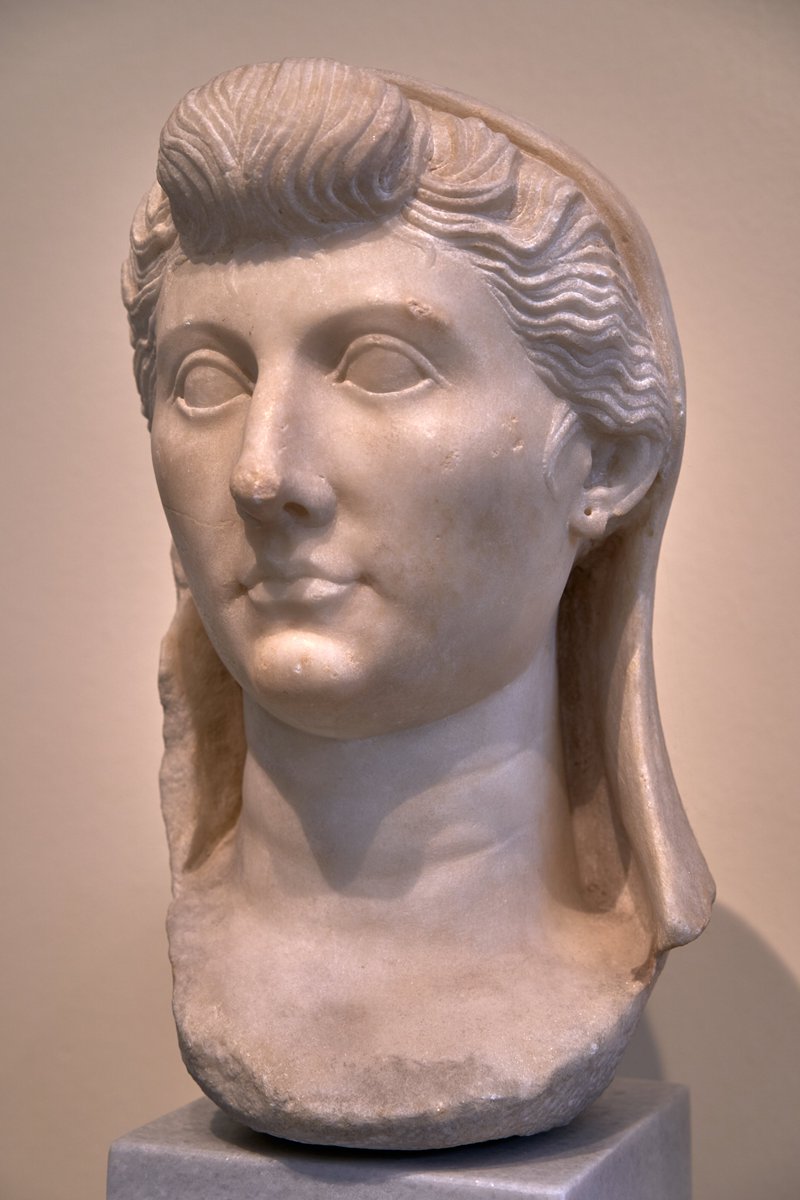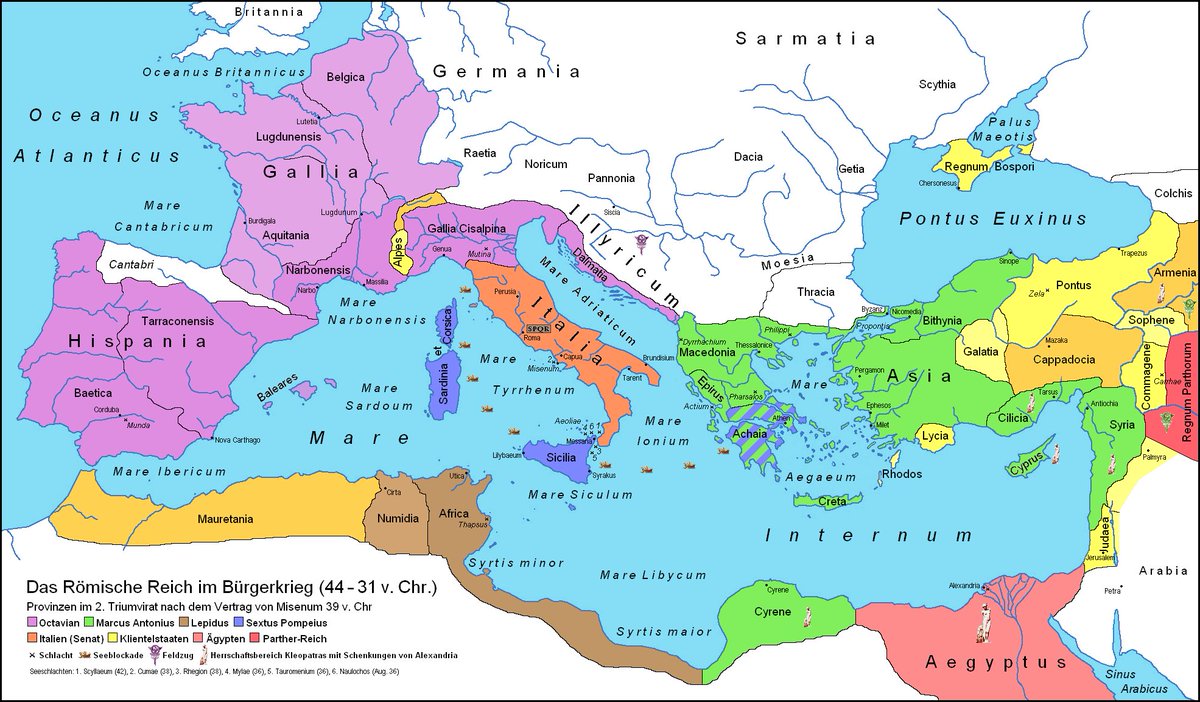
A Catholic King in hunt for a lost Protestant throne and an emerging Orthodox nation; a nation at its peak, but also at the beginning of its end.
Story in the evening ...
Story in the evening ...
https://twitter.com/Arby_K/status/1376725481043587076
Sigismund Vasa was born in 1566 to Duke Johan of Finland and Katarzina of Poland. In 1568, Johan and his brother, Carl, overthrew their elder half brother, King Erik of Sweden, making Johan the new King. A generation earlier, Sweden had broken away from the Roman Church. 1/10 

King Johan took a softer approach, attempting to reconcile with the remaining Catholics in Lutheran Sweden. Sigismund was raised as a Catholic by his mother. In 1573, the Polish-Lithuanian Commonwealth became an elected monarchy after Katarzina's brother, King Zygmunt, died. 2/10 

The first election winner got called up to rule another country. So, in 1574, Transylvanian Prince, István Báthori, got elected instead. King István was also Katarzina's brother-in-law. But the King's death in 1586 brought about another election. 3/10 

Sigismund was elected King, backed by King István's Chancellor Jan Zamoyski. But it was disputed by Maximilian, son of Holy Roman Emperor Maximilian. Zamoyski would manage to withhold the younger Maximilian's siege of the Polish capital, Kraków, and defeat him at Byczyna. 4/10 

The Polish Parliament, Sejm, managed to gain more powers in the process, but Sigismund found new allies among the Habsburgs. While the power play between the King and his court played out, King Johan died in Stockholm. 5/10 

Sigismund became King of Sweden in 1592 promising to respect Lutheran beliefs. But it soon became obvious Sigismund favoured Catholics. His uncle, Carl, united the opposition and deposed Sigismund by 1599 and became King. 6/10 

Back in the Commonwealth, Sigismund would make intermittent attempts to retake Sweden, and fail. In 1606, he would be faced with a rebellion in Poland. It would take till 1609 for him to put down the rebellion. By then a new opportunity to expand arose on the eastern border. 7/10 

Though there was a Tsar in Russia, Russia was not stable. Once Smolensk was taken in a siege and Russian forces were beaten at Klushino, the Tsar had to resign. In his place the name of Sigismund's 14 year old son, Władysław, was proposed, provided he accept Orthodox faith. 8/10 

Sigismund though could not press on the advantage, as the Russians found themselves a new Tsar and the Swedes intervened in the Commonwealth controlled Livonia. The truce with Russia in 1618 made the Commonwealth the largest nation in Europe. 9/10 

But it wasn't long before Sigismund's cousin in Sweden, King Gustaf Adolf, completed his conquest of Livonia. Though Sigismund managed a victory against the Ottomans in Moldavia, the loss of Livonia would remain as a mark on his reign when he died in 1632. 10/10 

• • •
Missing some Tweet in this thread? You can try to
force a refresh












